|
When former prime minister John Howard coined the term ‘’barbecue stopper’’ in 2001 he was referring to the issue of work/life balance. But if he was using the term today it’s a fair bet he’d be talking about housing.
In 2024, keeping a roof over your head is immeasurably harder than it once was. People are struggling to break into the market, struggling to keep up with growing mortgage payments and struggling to find affordable rentals. It’s not uncommon for people in their 20s and 30s to give up and move back into the family home. Hard work and a steady income are no longer a guarantee of securing a modest house, let alone a basic rental with heating and cooling.
So how did we get here? Our new series on the housing crisis examines the causes and possible solutions, with expert coverage of negative gearing, land availability, public housing stock, government incentives and interest rates. Today University of Canberra academic Yogi Vidyattama explains how urbanisation and tax laws have driven up property prices and how COVID has taught us some important lessons. Later this week we will look at the impact of expected
interest rate cuts and explain how negative gearing affects housing stock.
Also today, Peter Greste asks whether Facebook’s refusal to pay for news will hurt democracy and Michelle Grattan analyses what the Dunkley by-election result means for the Coalition strategy of trying to win outer suburban seats to
counter losing so many inner-city seats to the Teals at the last election.
|

|
Amanda Dunn
Politics + Society Editor
|
|

Yogi Vidyattama, University of Canberra
Even changing the tax system won’t end steadily-climbing property prices. They are the result of urbanisation, and while COVID has eased some of the pressures, it has added some more.
|
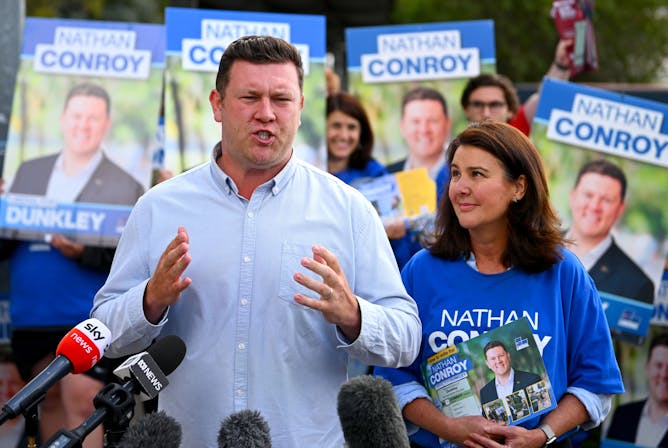
Michelle Grattan, University of Canberra
While Labor held on to Dunkley despite sustaining a small swing, both parties will search for messages about what the result means and what they should do before the next federal election.
|
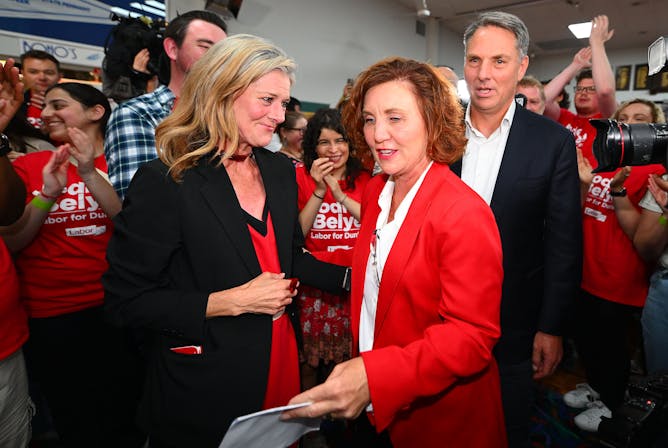
Michelle Grattan, University of Canberra
The government has easily retained the the Melbourne seat of Dunkley at Saturday’s byelection. Labor’s primary vote is stable while the Liberals did get a swing, it was not as big as many hoped.
|
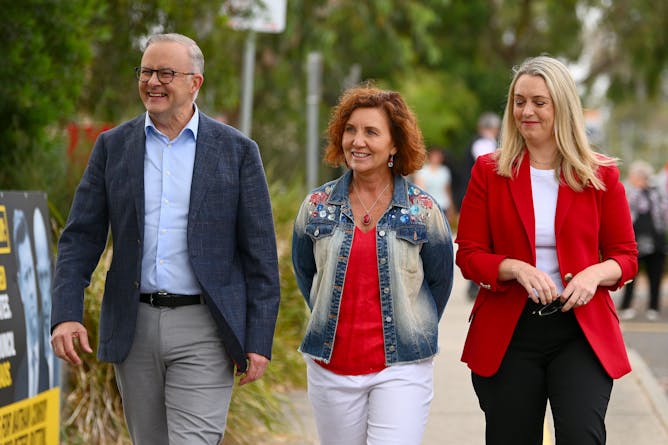
Adrian Beaumont, The University of Melbourne
While Labor will be relieved at holding Dunkley, polls point to a rockier path to the next federal election.
|
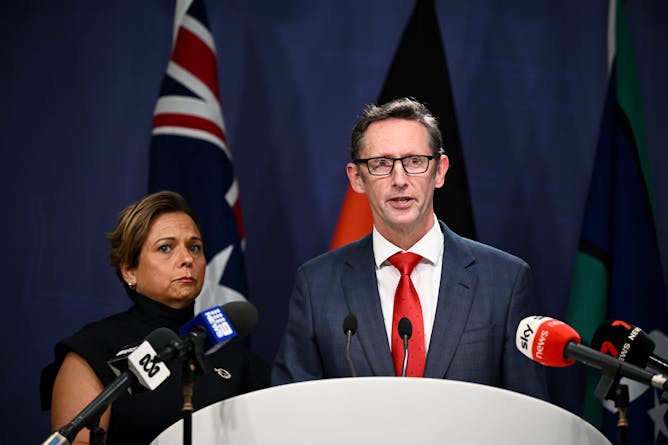
Peter Greste, Macquarie University
Meta’s announcement it will stop paying for news poses a threat. High-quality news is expensive, but important. Do we need economic measures that somehow get the public to pay for it?
|
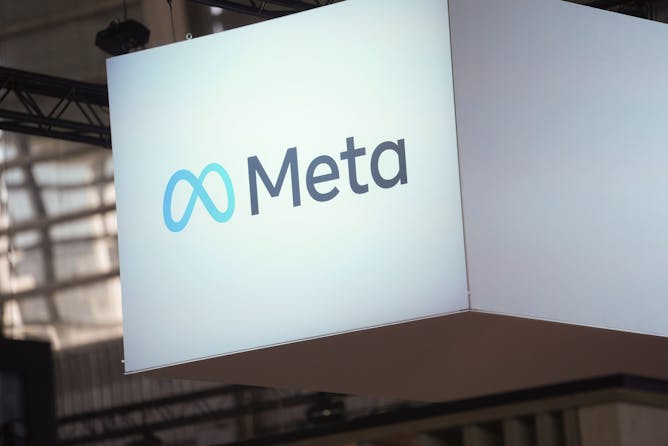
Rob Nicholls, University of Technology Sydney
The news page on Facebook will go, and with it, the flow of money to some Australian media outlets. But will the news content disappear too?
|
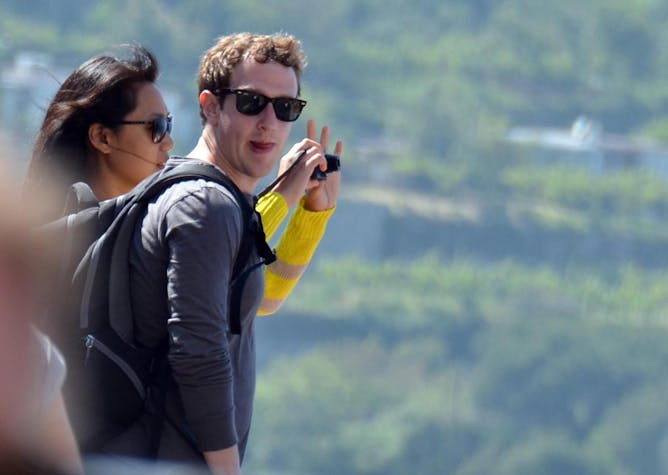
Katherine Guinness, The University of Queensland; Grant Bollmer, The University of Queensland; Tom Doig, The University of Queensland
When billionaires like Mark Zuckerberg buy vast swathes of land in remote areas, it can look like “prepping” – but they’re really trying to establish medieval-style fiefdoms.
|

Michelle Jongenelis, The University of Melbourne
Times have changed. While in decades past we watched anti-smoking campaigns on TV, we now need anti-vaping messages on TikTok.
|

Sam Baron, The University of Melbourne
A new measurement of gravity at small scales hints at an alternative to billion-dollar experiments for the future of physics.
|
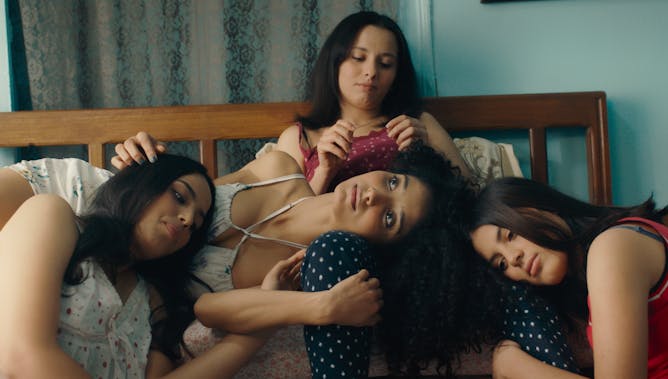
Phoebe Hart, Queensland University of Technology
This year, all the Oscar nominees for best documentary feature come from outside of the United States.
|
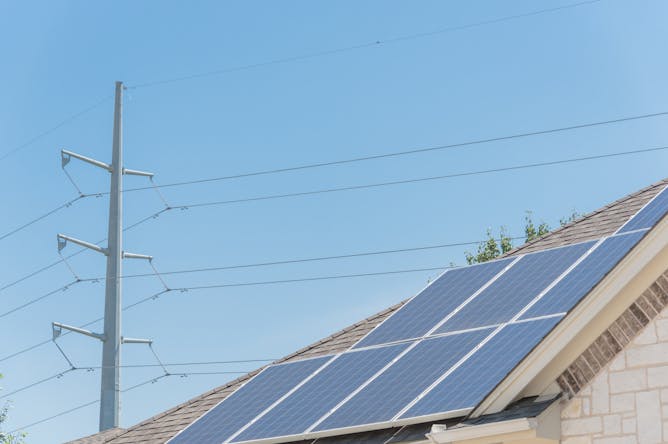
Vikki McLeod, Queensland University of Technology; Marcus Foth, Queensland University of Technology
Big changes are needed to create a consumer-centric National Electricity Market that’s able to manage the rise of rooftop solar.
|
Politics + Society
|
-
Nicholas Farrelly, University of Tasmania
Young Southeast Asian leaders want greater opportunities to connect with like-minded Australians on issues related to the environment and social and human rights.
-
Dominic O'Sullivan, Charles Sturt University
Rather than leave the Treaty principles to parliament and the courts to define, why not embed the essence of the Treaty articles themselves in all laws?
-
Alan Morris, University of Technology Sydney
People wait years for social housing. In before-and-after interviews, the fortunate ones who were placed in secure, affordable housing describe the profound difference it has made in their lives.
-
Justin Ellis, University of Newcastle; Nicole L. Asquith, University of Tasmania
It’s easy to assume the latest opposition to NSW police taking part in the annual festival is a response to recent events. Really, it’s the result of a long, painful history.
|
|
Health + Medicine
|
-
Tim Windsor, Flinders University; Natalie Goulter, Flinders University
Personality is shaped by our genes and various influences in our social environments, and it plays an important role in how we interact with the world.
|
|
Science + Technology
|
-
Enzo Palombo, Swinburne University of Technology; Rosalie Hocking, Swinburne University of Technology
Yes, you need to wash them but no, you don’t need to use micellar water to do it.
|
|
Environment + Energy
|
-
Lynda Goldsworthy, University of Tasmania
For years, Australia and New Zealand have been united in working for sustainable fishing in the South Pacific. That just changed.
-
James Kerry, James Cook University; Aarti Gupta, Wageningen University; Terry Hughes, James Cook University
A UN meeting this week considered a motion on a suite of technologies known as ‘solar radiation modification’, but no consensus could be reached on the controversial topic.
|
|
Education
|
-
Peter Anderson, Griffith University; Angela Baeza Pena, Queensland University of Technology; Levon Ellen Blue, The University of Queensland; Melanie Saward, Queensland University of Technology; Thu Dinh Xuan Pham, Griffith University
The accord calls for meaningful steps to increase the numbers of Indigenous graduates and Indigenous leaders in higher education. In a post-referendum Australia, this is more important than ever.
|
|
Arts + Culture
|
-
Kate Hunter, Deakin University
Through a nuanced exploration of place, time, and memory, this new video work invites audiences to reflect on landscape and its relationship to the echoes of conflict.
|
|
| |
|
|
|
Aeon Media Group Ltd
Melbourne VIC, Australia
•
Full Time
|

|
|
The Conversation AU
Melbourne VIC, Australia
•
Full Time
|

|
|
|
|
| |
| |

|
| |
| |
| |
Featured Events, Courses & Podcasts
|
View all
|
|
1 January 2023 - 7 October 2026
•
|

|
1 February 2023 - 25 November 2029
•
|
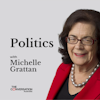
|
6 March 2024
•
Kensington
|

|
|
|

|
|
|
|
| |
| |
| |
| |
| |
|
|